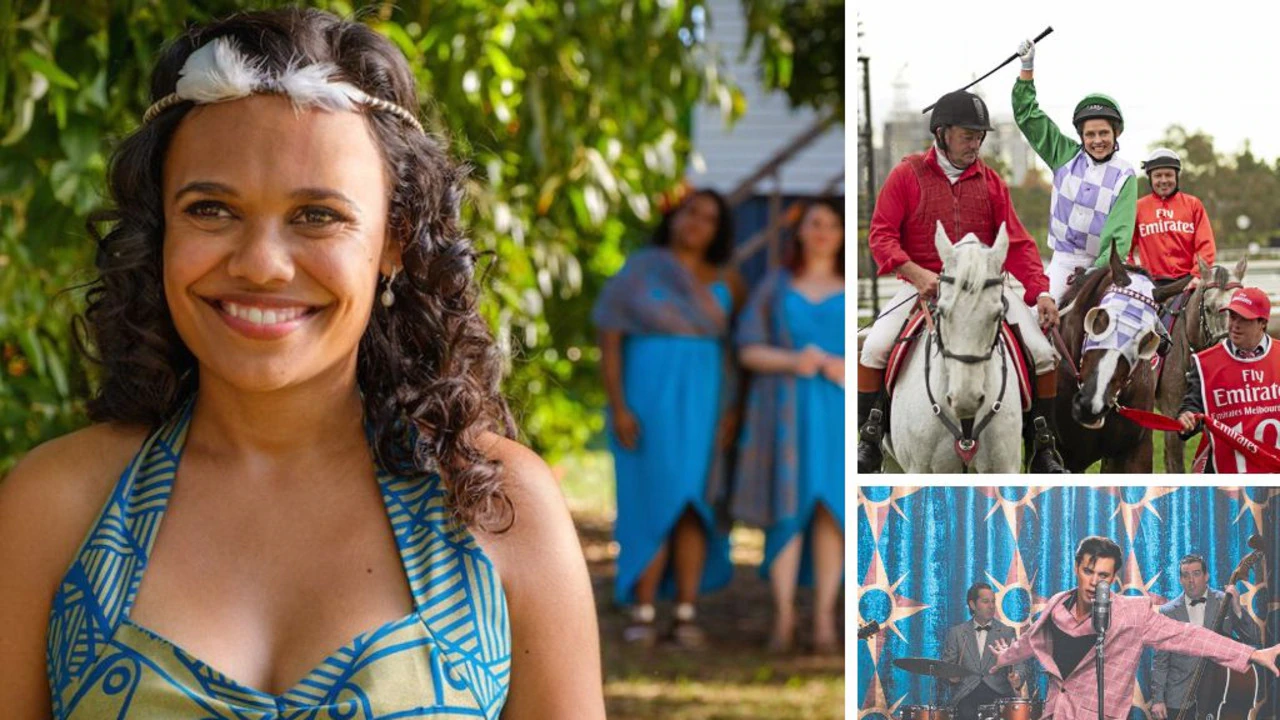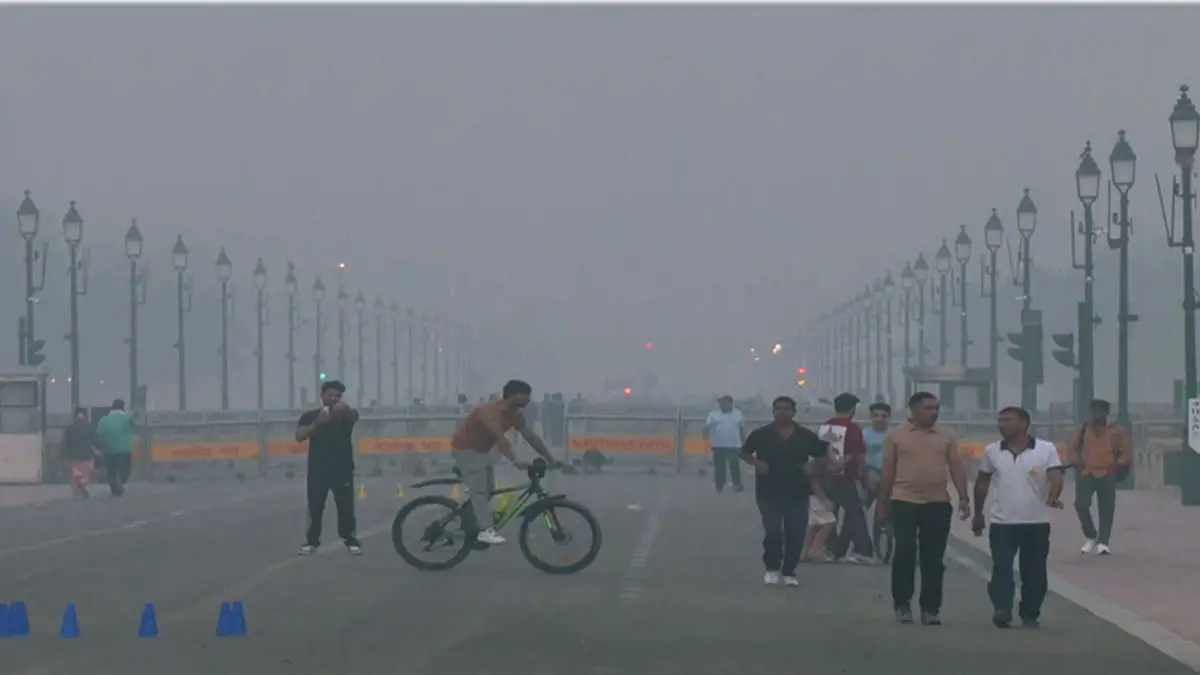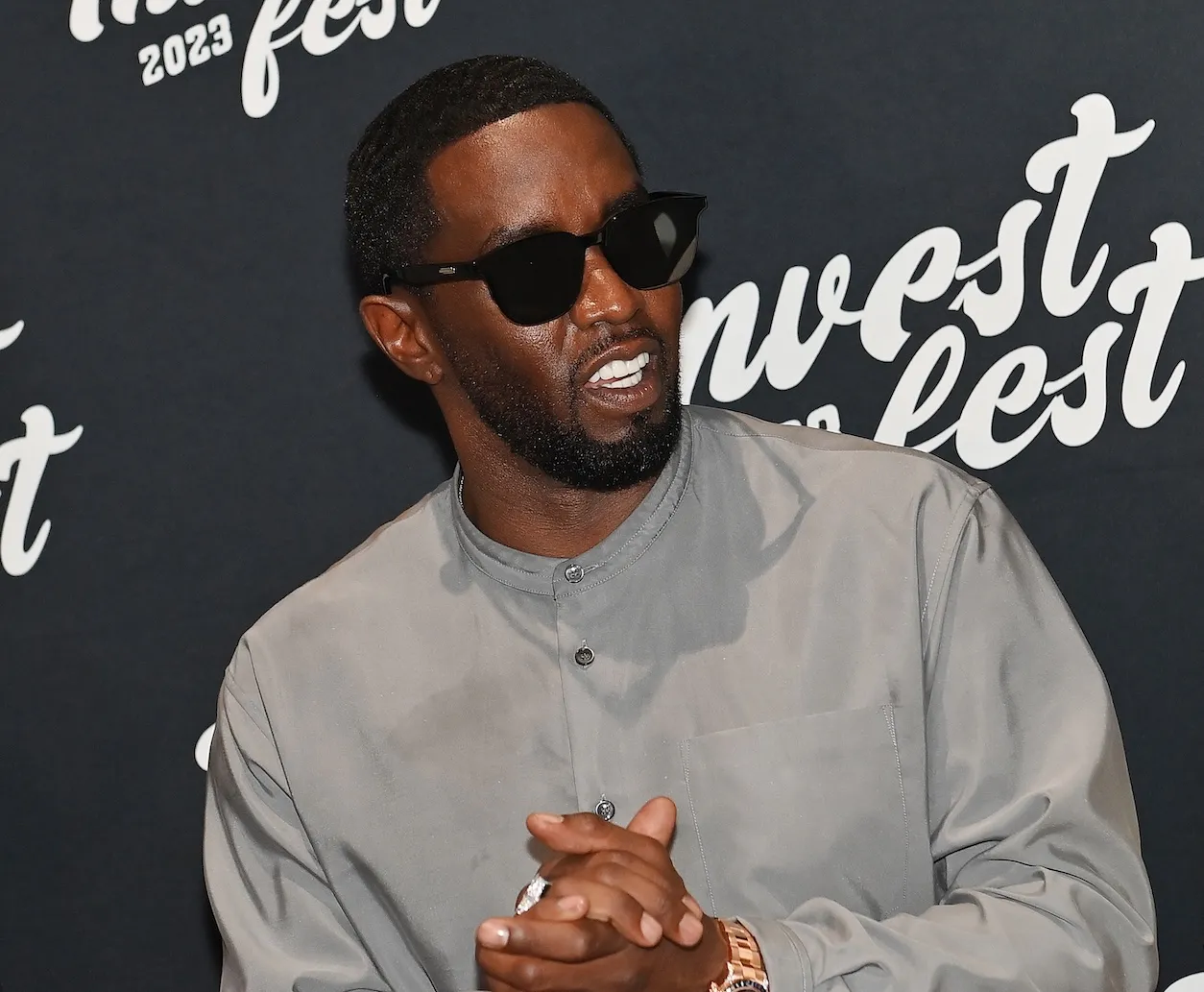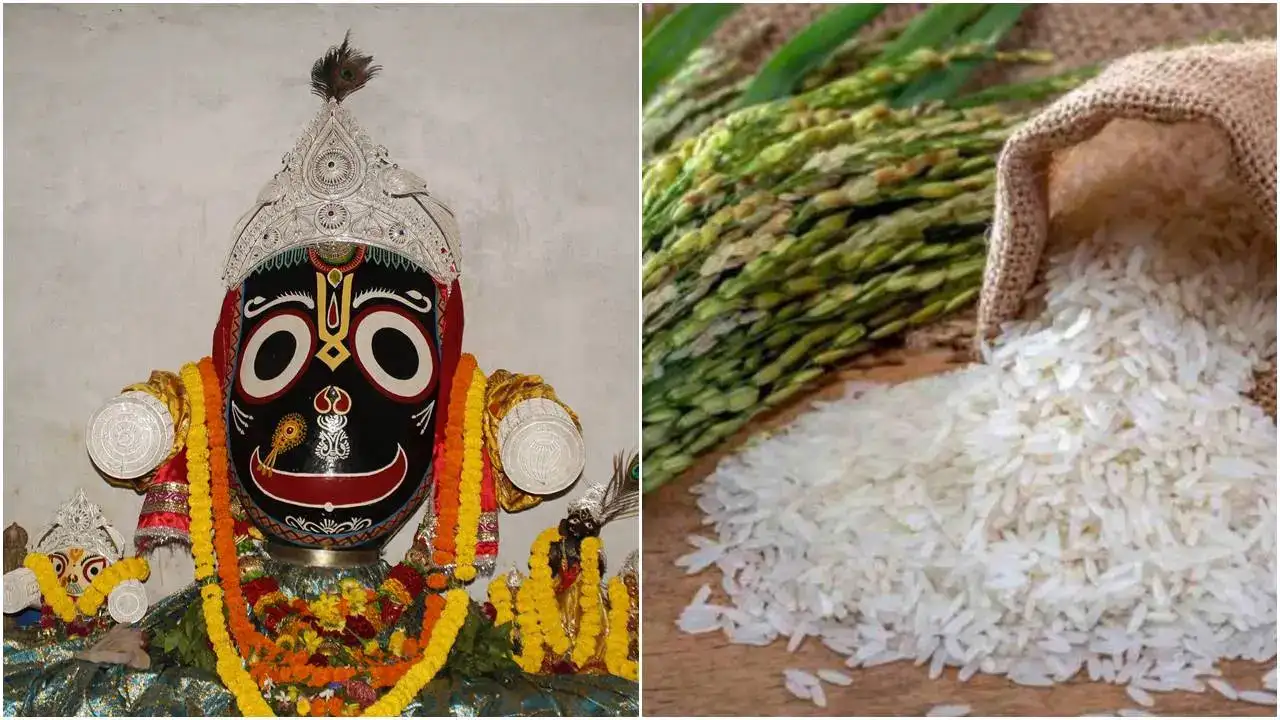Copyright news

As an actor, Griffiths has been part of hit Australian movies, from her breakout role in Muriel’s Wedding to the war drama Hacksaw Ridge. As a globally-recognised, Oscar-nominated star of Hilary and Jackie and Saving Mr Banks she’s parlayed the skills that were nurtured here on to the world stage – then been a part of big-budget international blockbusters such as Anyone But You that chose to take advantage of our world class facilities and workers to film here. As the director and producer of the Melbourne Cup movie Ride Like a Girl, she’s been up close to the sometimes tricky business side of the art form. And as a consumer, she’s been a fan of local films such as historical classic Gallipoli, Oscar-nominated drama Lion and the Indigenous musical rom-com The Sapphires. But no matter what side of the camera she’s on, Griffiths says that “a strong local film and television industry is vital because it gives us the power to tell our own stories, to nurture and grow our idea of who we are as unique from other dominant global cultures”. “A thriving industry helps us feel included, confident in who we are, and respected on the world stage as a multicultural, democratic nation and thriving nation,” Griffiths, who explored the topic in her recent SBS documentary, The Idea of Australia, said. “Australian film is a mirror. It reflects who we are back to ourselves and helps us understand our own identity. At the same time, it offers the world a window into our values, diversity, and perspective,” she said. But Griffiths said there is a lot of “anxiety” in the Australian film industry right now and called for stronger commitments to local content – including quotas – across the whole industry to “keep Australian stories on Australian screens” and to protect our cultural sovereignty. “We need support for … film and drama schools that represent our population, to public broadcasters, competitive rebates to attract large foreign productions, and well-funded state-based agencies that can advocate for the unique storytelling of their specific state to ensure that stories are not dominated by the major cities,” she said. MORE FROM BACK AUSTRALIA Veteran Bryan Brown, currently starring in Bruce Beresford’s homegrown family drama The Travellers and a key player in the revival of short-film festival Tropfest, said when he began his acting career in the 1970s, the local film industry was almost non-existent. But he returned from a stint overseas after the Australian Film Commission had been established in 1975 to a much more vibrant environment that was making waves at home and abroad. “The next minute Peter Weir was making Picnic at Hanging Rock and films like My Brilliant Career, Breaker Morant, Newsfront and Mad Max suddenly came out and the world took an amazing look at them,” Brown said. “We felt good about seeing ourselves up there – in our wars or in our backyards or our love stories, our family stories or whatever. It’s a sense of self that you get through that art from and it’s very necessary.” Brown said government support is still vital to keep the local industry thriving in what is a difficult time after the watering down of local content quotas, the rise of streaming services, and Covid-lockdowns. He welcomed this week’s news that legislation will be brought before parliament mandating streamers with more than one million Australian subscribers will be required to invest at least 10 per cent of their Australian content spend (or 7.5% of their Australian revenue) into new Australian drama, children’s, documentary, arts and educational programs. “It’s very hard to get show up at the moment and I think this will make it easier,” Brown said. “It means that good products and good ideas now have a chance of being picked up and developed and made as film or television. It can only be a positive thing.” Screen Australia’s Chief Operating Officer Grainne Brundson said while there are fewer commissions for films globally as the industry has contracted, her government agency is seeing “more and more applications for people wanting to make feature films especially”. The challenge for Screen Australia and the local industry is getting Aussies to watch homegrown products, and Ms Brundson said the solution has to come from both sides. Film-makers, she said, need to get better at generating interest and awareness by using fresh avenues such as TikTok to find new audiences. And film lovers can help by making a conscious choice to pay to see movies on the big screen – and then by telling their friends. “Word of mouth marketing is so important,” Ms Brundson said. “Being able to build a community around a project or around a film and building excitement about it is so important.” Ms Brundson said Australia is well past any cultural cringe to towards local film and pointed to the demand for our films at film festivals around the world, as well as movies made here that have found huge audiences around the world, such as Danny and Michael Philippou’s 2022 horror hit Talk To Me. “It was made for a relatively modest budget in Adelaide by two brothers who had previously made lots of YouTube content,” Ms Brundson said. “They had never made a feature film before and it premiered at Sundance, and then there was a bidding war for it and it went on to do $140 million at the box office globally. Extraordinary success.” News Australia film critic Leigh Paatsch also hails the universal appeal of the “world class” Talk To Me as a beacon of the local industry in recent years in terms of performing on the global stage, and also highlights The Dry as being a standout for a uniquely Australian story. “You can target making films that can unify an Australian audience and just bring them out to see it almost knowing that they’re seeing purely Australian content,” Paatsch said. “And that was what The Dry was at the time of its release.” While Paatsch, who nominates The Castle, Lantana and Mad Max: Fury Road as his favourite Australian films, acknowledges the challenges facing the local industry right now. He also said “we’re living in a world now where more than ever people want to see their own stories being told”. “The success of certain Australian films over the past 20 years has proved that if you tell a great Australian story of Australian origin then an audience will come and see it,” Paatsch said. This article is part of the Back Australia series, which was supported by Australian Made Campaign, Harvey Norman, Westpac, Bunnings, Coles, TechnologyOne, REA Group, Cadbury, R.M.Williams, Qantas, Vodafone and BHP.



